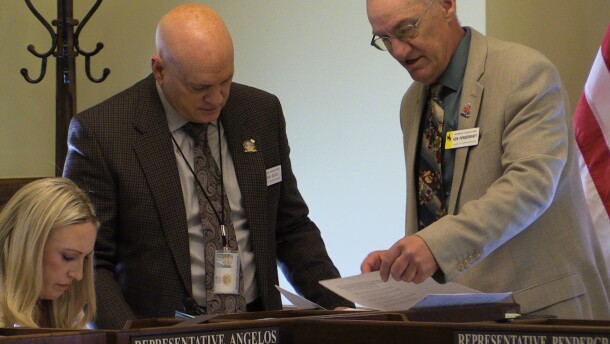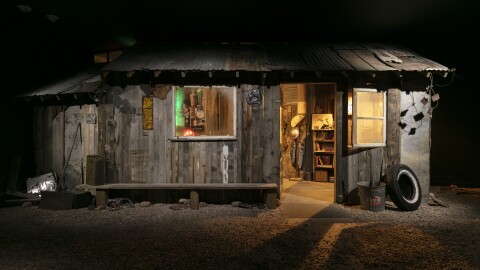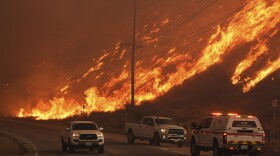Wyoming Stories
The Joint Conference Committee met for less than two hours Friday and flew through negotiating a unified budget. It heads back to the House and Senate for a final vote.
-
Open Spaces show rundown for February 27, 2026
-
A slew of energy- and climate-related bills are before Wyoming lawmakers this year. Many aim to support fossil fuels.
-
The discovery in the Nevada desert could make a big difference to consumers in the future.
-
The team, led by a Boise State University civil engineering researcher, looked at half a million wildfire starts, and hundreds of attributes about them. Beyond the obvious weather variables like wind speed, temperature and humidity, they also considered human factors like density of development.
Latest From NPR
-
NPR's Emily Kwong speaks to House Minority Leader Hakeem Jeffries (D-NY), who is still calling for a vote on a war powers resolution following a wave of U.S.- and Israel-led airstrikes on Iran.
-
Khamenei, the Islamic Republic's second supreme leader, has been killed. He had held power since 1989, guiding Iran through difficult times — and overseeing the violent suppression of dissent.
-
A newly rediscovered 1897 short by famed French filmmaker Georges Méliès is being hailed as the first-ever depiction of a robot in cinema.
-
In a scathing review, the top US medical journal's editorial board warned that the "destruction that Kennedy has wrought in 1 in office might take generations to repair."





































